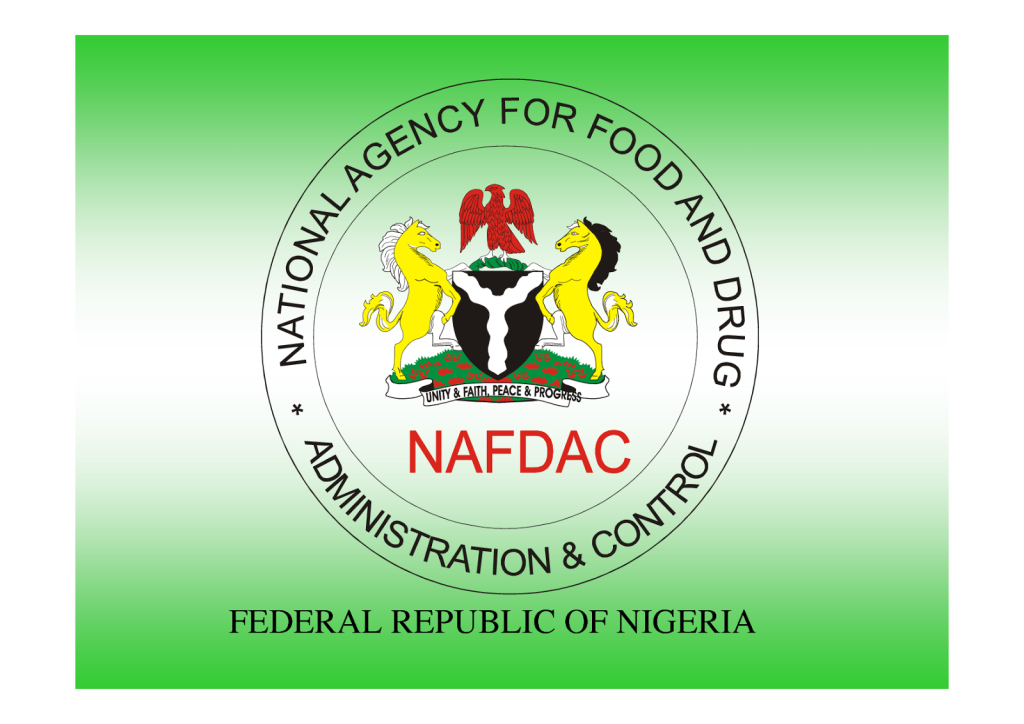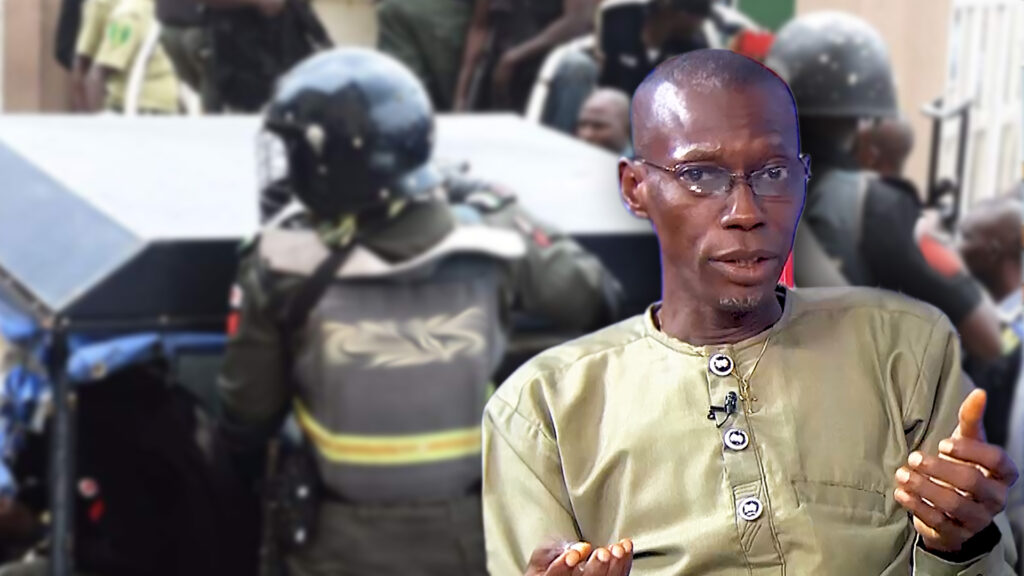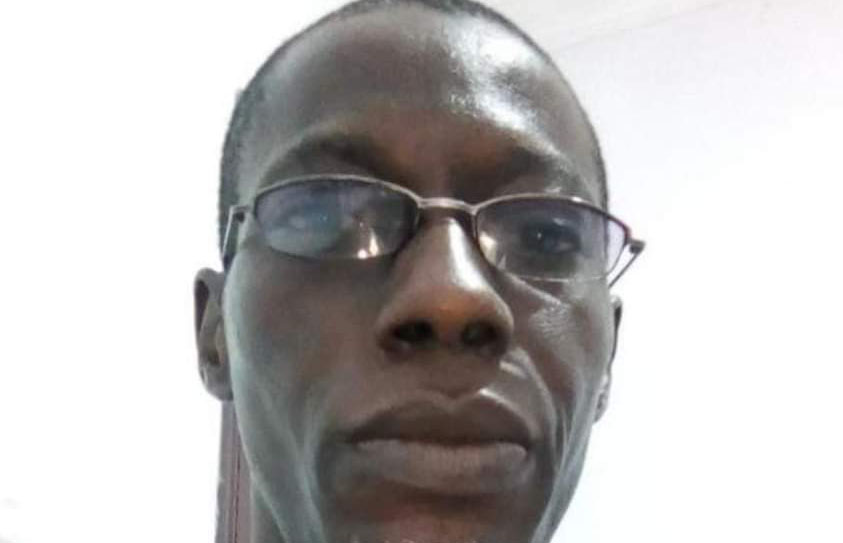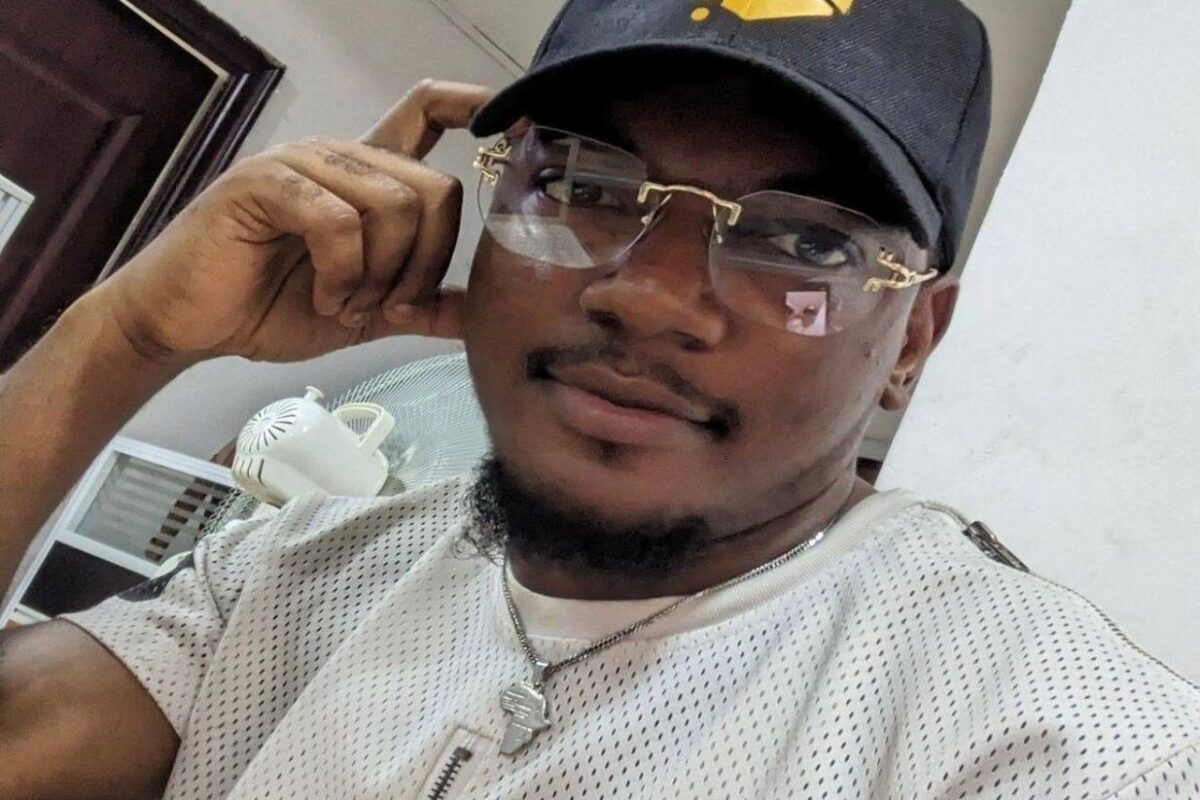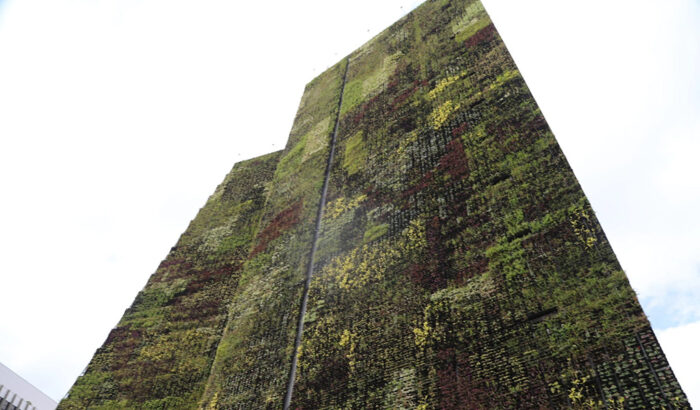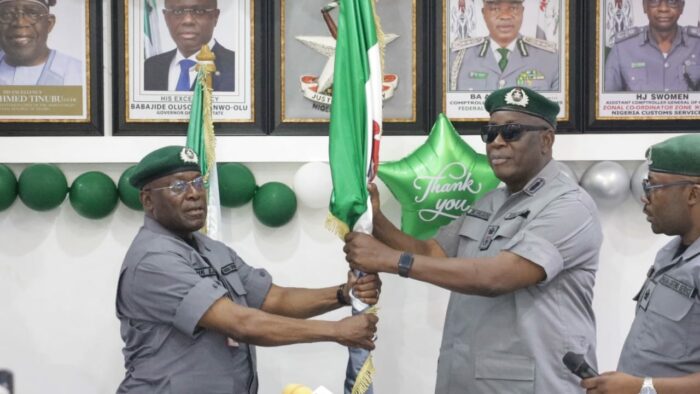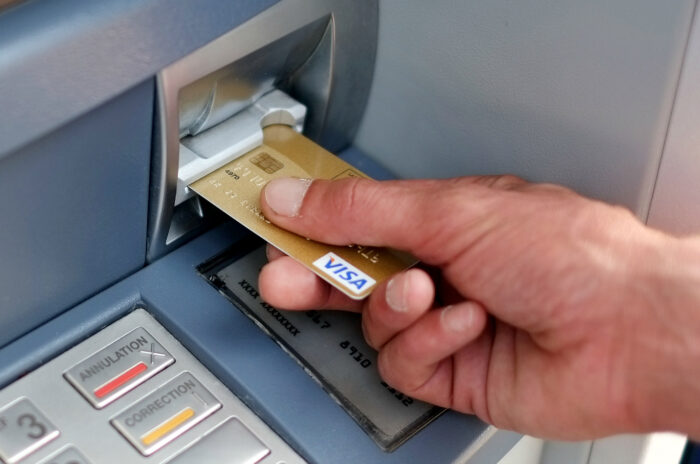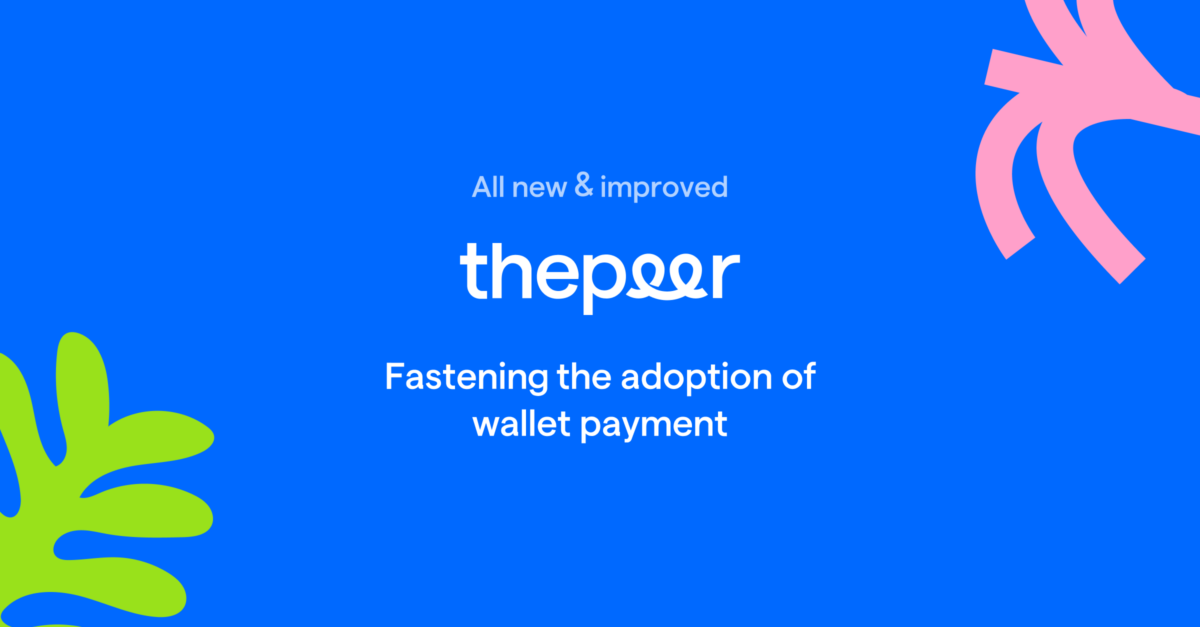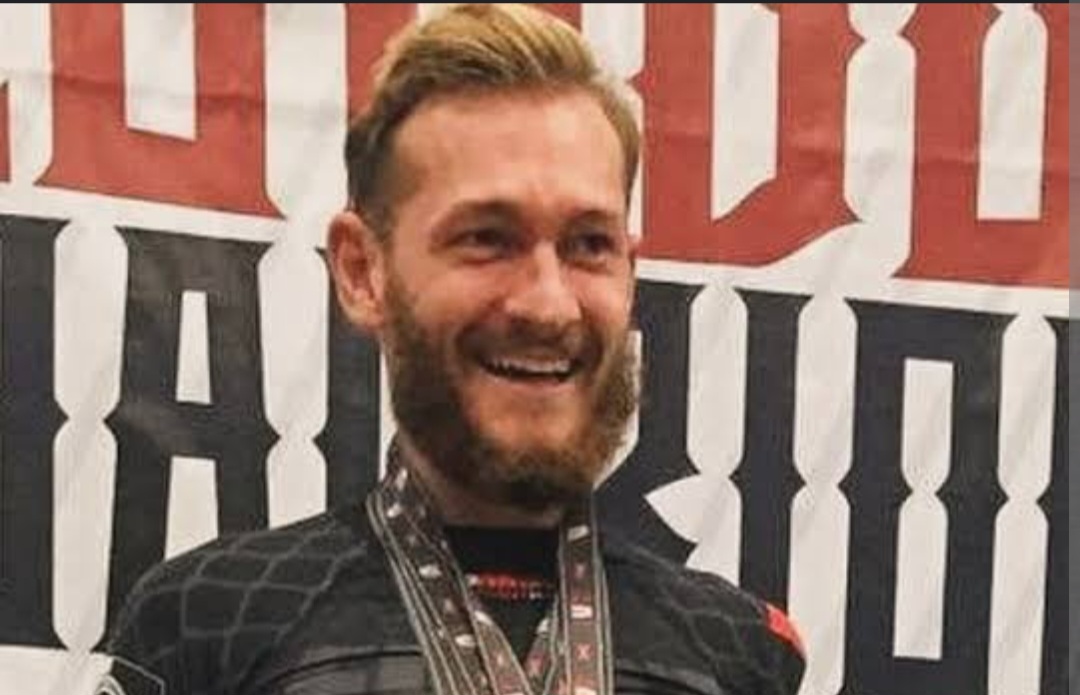In 2017, Edwin Ajogun and Tomiwa Allan, who work as computer engineers and scientists respectively, created the app ReportThat, which allowed users to geolocate and report pharmacies that sold fake drugs. To consolidate their efforts, they tried to collaborate with legal entities such as the National Agency for Food and Drug Administration Commission (NAFDAC) and the Association of Community Pharmacists of Nigeria (ACPN), but to no avail.
Following the trend of counterfeit products that usurped the Nigerian social media space last week, discussions about the need for a tool like Ajogun and Allan’s ReportThat have come to the fore.
In this interview, they discuss their fake drug geolocation application and how the project came to a halt because NAFDAC withdrew its support after learning that the product was non-profit.
Tell us about ReportThat and how it came about.
Edwin Ajogun: When I was in school, a student almost died because of a fake Gestid. This was from a facility that was supposed to be one of the best in the country, and it led me to do a lot of research and a lot of travelling. It was to figure out why there was such an issue with fake medication. I joined an incubator, which led to funding that took me to Dubai, and that was how EMedrep Nigeria started. The whole concept behind EMedrep was to ensure that what was being bought and sold in the ecosystem was verifiable and original.
And one of the things that we discovered was that there were a lot of stores, including those claiming to be affiliated with the ACPN, that sold fake drugs. The question then was, “If we do find a store that sells fake medications and we want to engage with NAFDAC for disciplinary action, how do we go about it?”
We should probably create an application where people could log in complaints about fake medications, then we could get that data and push it to ACPN or NAFDAC, as they are on the regulatory side; ACPN to manage their members and NAFDAC to enforce the law.
I told Tomiwa about it. He liked the idea and was really passionate about it, even more than I was. I was more concerned about how to drive engagement with EMedrep while ReportThat was supposed to be a side thing. But Tomiwa designed the logo and a wireframe for the application. We took it to ACPN, and at first, they were down with the idea, but they discovered that we were communicating with NAFDAC and felt like NAFDAC was already chasing them for too many licenses, and with that kind of data, NAFDAC would have a reason to harass them even more, so they opposed it.
Funny enough, we didn’t do any market surveys for ReportThat. We just realised that we owed it to our friends and families, our colleagues. When we started, we had almost 200 sign-ups and about 300 reports. After we had stopped, I just went to the site, and we saw a whole lot of reports and geodata, and we couldn’t do anything about them. This was after the whole NAFDAC brouhaha.
How exactly was ReportThat supposed to function?
Tomiwa Allan: The idea was to help people identify fake drugs and the location where those drugs were sold. Essentially, they would tag the business anonymously, take a picture and then add details: identify the name of the product and why they thought the product was fake.
That was our cool idea for also managing malicious reports because we didn’t want people to abuse the product and maybe start reporting competitors falsely. But all of this they would do anonymously, so they could protect their own identities and reports.
READ ALSO: PHOTOS: Over 40 Fake Products Shared on Social Media
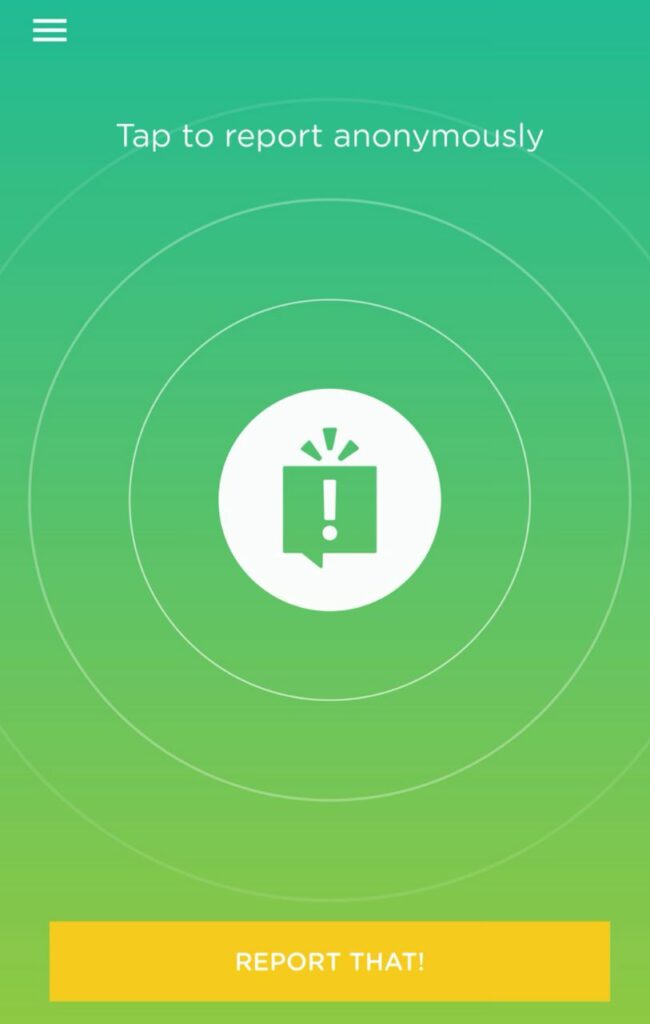
And of course, the whole idea of working with NAFDAC was to give the regulatory body data to work with. We had essentially identified the necessity of these reports, but because we are not pharmacists or a regulatory body, we couldn’t act on the data.
We, however, realised very quickly that it wasn’t sustainable to depend on just NAFDAC. NAFDAC has a finite number of staff and financial resources, and Nigeria is a very big country. So we took the approach of crowdsourcing the data as we needed to move faster. It might not have been as accurate or as precise as a NAFDAC report, but it was more effective because it was at scale, and that was what we really wanted to do.
It was completely not-for-profit and essentially the public’s eye. That was what we wanted to do. That was what I designed. That was what we built. Unfortunately, we couldn’t achieve the scale. In a sense, it’s because the authorities were not so keen. Maybe Nigeria wasn’t ready for it. But maybe now it is. Maybe now we are ready for that kind of application.
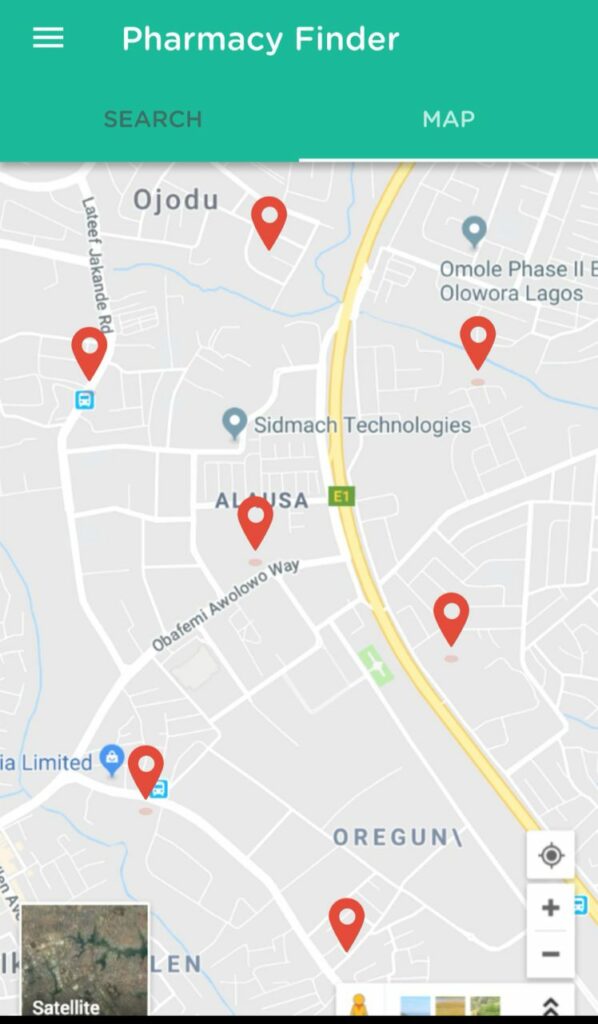
What drove your interests in pharmaceuticals, since none of you are pharmacists or have a health background?
Edwin Ajogun: I think I had a passion for pharmaceutical distribution. I enjoyed just the idea of understanding the concept behind the importation, distribution, marketing and sales of pharmaceuticals because I feel like healthcare is one of the most important in any ecosystem. If you don’t have that, you won’t be able to do a lot of things. So, I just took my mission to be that. I took my time to study how drugs work, the chain of distribution and everything. It was the first thing that I wanted to do, even now that I work with entrepreneurs to build solutions in different aspects of tech.
Tomiwa Allan: In my own case, I’d not met a problem I wanted to solve or try to figure out. We were essentially in the same class at Obafemi Awolowo University (OAU). And even though we were in the same class, we took two different courses. So, he was a computer engineer. I did computer science, and I kind of migrated to a career in design just before I finished school. And for me, learning is just a way to solve problems.
In the case of ReportThat, it was like a confluence point of solving a very difficult problem while at the same time doing something for my country. So, that was the driving force behind my passion for doing it.
When you presented ReportThat to NAFDAC, what exactly were the issues raised by them?
Tomiwa Allan: Edwin has a better hang of this, but before he speaks, I’ll like to add that the interesting thing about working with the government is — and I think that this is a rule of thumb, and every single time you ask a private individual or somebody in distribution how they interacted with a government agency, you will be down to the same response — that by design they are not particularly efficient.
There are two things. One, bureaucracy; two, there is a lack of job security. So everybody, unfortunately, is trying to secure their positions by either showing that the agency is working positively or showing that they are working. And then, if you cannot do anything, that is instantly translated into something tangible, like, oh, we arrested 5,000 drug dealers. We stopped 6,000 metric tonnes of… you won’t get much attention.
So I think it’s a problem of design. You know, democratic institutions, especially in Nigeria, are not designed to be efficient. And it has nothing to do with specific personalities or greed. It’s just a recurring theme.
Edwin Ajogun: Tomiwa is right. Which is why, until now, I never really wanted to talk about this. On the one hand, you want to say they are corrupt, but the way the system is designed is not optimised for the kind of partnerships and relationships that will effectively build solutions. The bureaucracy within their organisations is just too much. Then there is also corruption.
When we started, we knew that NAFDAC had to be a key stakeholder, because otherwise, we would just have all this data that we didn’t know what to do with. This was also at a time when we were not really social media conscious; I was not, and as the leader, I didn’t really see social media engagement as an advertising pathway for implementing our solution at the time. The plan for us was that we would take the first step and build the product, and then establish a partnership; let’s even sign an agreement with NAFDAC. We would build the frontend and push the product out there. We just wanted NAFDAC to get access to the backend, use the data and let us see the outcomes of using high-end data, and even going forward, let us see how we could build a more robust system that was more tech-driven.
We made the presentation to them, and the first thing they said was that they were worried about where the money would come from. They told us, “I hope we won’t be the ones funding it.” But I mean, I won’t lie and say that is not at the back of our minds going down in four to five years.
READ ALSO: ‘What kind of Agency Is This?’ — NAFDAC Slammed for Failing To Upload Registered Products
But at that point in time, that was not really our concern. There was a problem with fake medication, and we wanted to do something about it.
And the conversations we were having were not about how the product worked. They were not asking questions like, Where do we come in? Or what do you need from us to make it work? Instead, it was more about, “Okay, if we are doing this, how much money do we make?” It was centred so much on revenue generation, which is odd because, as a regulator, you should be concerned with making a solution like this work.
When we made it clear that we had no plans to monetise it, that was the point where the conversation started dying. They were very clear that they were no longer interested. The fact that they kept pushing meetings: come this day, and when we went there, it was come the following week. We went from them chasing us to us chasing them. It just seemed like such a missed opportunity. They just pushed this directive that they were working to curtail fake products, but they had the opportunity to include data to make the process more efficient and robust and did not seize it.
At what point did you decide it was over and time to move on to something else?
Edwin Ajogun: We were already in business. We had just two KPIs, and one of them was that if we had NAFDAC endorsement, we would continue allocating resources even though we were not making profits from it. When it became clear that NAFDAC was not willing to move the conversation forward, we decided that although it was a great idea, it was not a great product, at least not at the time. So we decided to shelve it and focus on what our investors were paying us to do.
So, in light of, you know, the new consciousness of fake products, do you intend to bring back ReportThat?
Edwin Ajogun: I will say one of the things that really moved me was when someone on that thread said they lost someone close to them to a kidney disease. For them to have made that type of comment, it was obviously trying to link their loved ones’ passing to probably taking fake medication.
Tomiwa Allan: I saw that story too, and it was really hard to see. It was kind of sad. Actually, you said it right. I actually muted the tweet because trauma responses just came back. But I think rebuilding and relaunching ReportThat is actually a fact. I think we just have to. What we need is to figure out a more suitable way to do it. Maybe we can find a way for it to be revenue-positive, just so that it can sustain itself.
But I think it’s important that we do, not just as engineers but as responsible builders. As people who use technology, it makes sense that we do it. But we must first figure out a good way to do it.
The outcry that led to that tweet shows more than anything that it is unrealistic to say that we want to depend on NAFDAC. What they are doing right now is just not scalable. Even if you hire more people, 20,000 more agents, you just open 20,000 more ways to corrupt them because, at the end of the day, in every system, the weakest point is the human being. Right? So, we have to be honest.
I know that if I had my way, we would have a version of ReportThat tomorrow. I guess this is a long way of saying yes, we will do it. I don’t know how fast. We will figure out how to get it out as quickly as we can.
Subscribe
Be the first to receive special investigative reports and features in your inbox.


